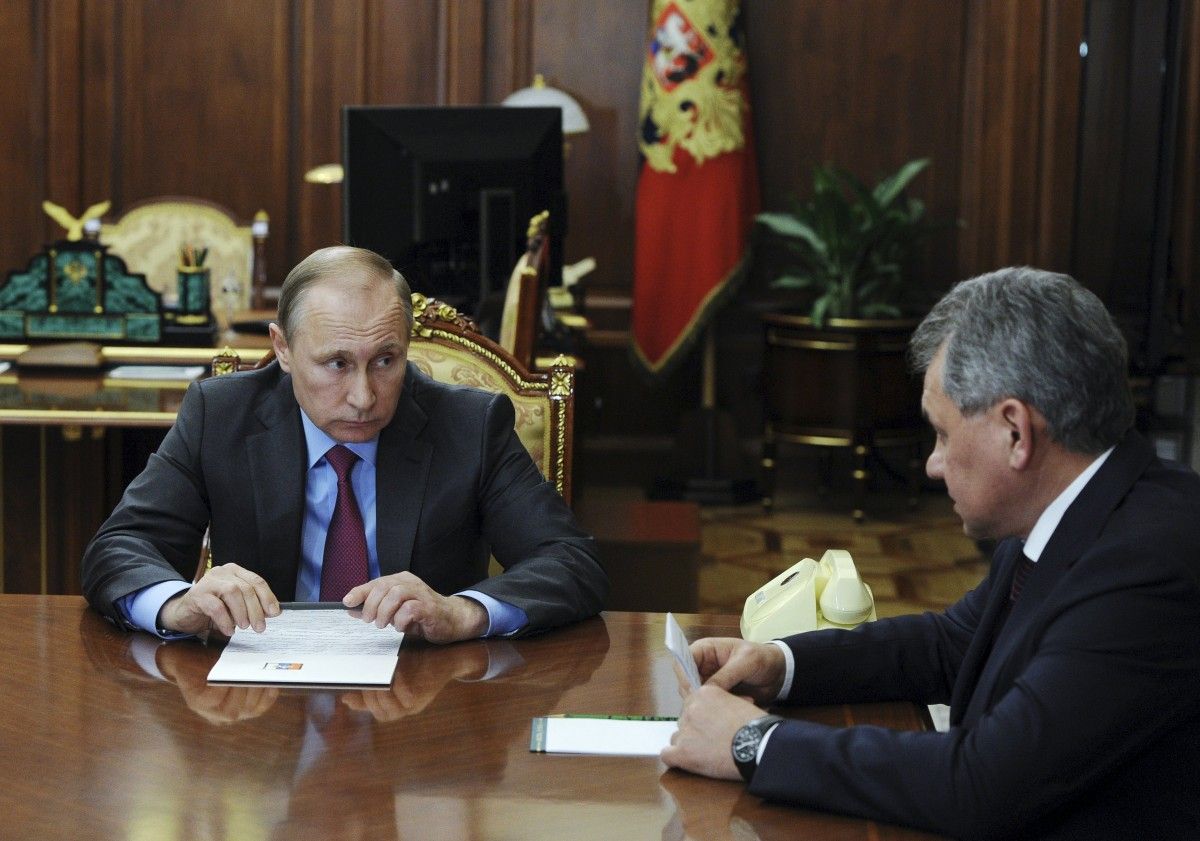
“Given its timing, Putin's announcement appears to be an attempt to shape the latest round of peace negotiations, which began March 14 in Geneva,” reads Stratfor’s Geopolitical Diary.
The analysts go on to say: “Moscow could also be reshaping its role in the conflict to transform perceptions beyond Syria. Another reason Russia initially intervened in the region was to gain advantage with the West over an issue more imperative to Moscow: Ukraine and the related Western sanctions. Moscow has failed to use its clout in Syria to budge support from the United States for Kyiv or to have sanctions imposed on Russia lifted.”
The Kremlin also knows that the progress in the Minsk talks over the fighting in Ukraine has stalled.
Read alsoU.S. military intel reveals part of Russia’s "grand plan" to win concessions in Ukraine conflict“However, Russia's leverage, at least in Europe, has grown in recent months as Syrian refugees continue to flock to Europe,” reads the report. “If Russia changes its operations in Syria, it could slow the migrant flight.”
However, this option is complicated by the state of Russian-Turkish relations.
“In the coming months, Russia could try to pick away at the negative atmosphere surrounding the country leading to a critical vote in July by the European Union on renewing sanctions. Following the first formal meeting between EU foreign ministers on Russian policy in more than a year, Italy and Hungary (both countries Russia actively lobbies) said March 14 that an extension of sanctions on Russia is not automatic. “Russia is orchestrating multiple strategies for multiple outcomes, and no outcome is guaranteed. The only guarantee is that Moscow will continue to maneuver in this ever-changing region of the world,” the report concludes.1

